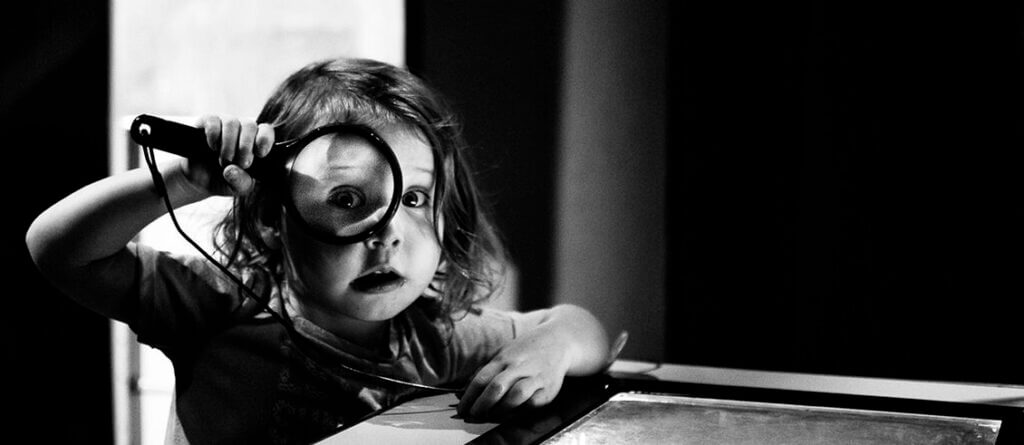Reflections: The Animas Blog
An exploration of the status of regulation in both coaching and therapy with some surprising revelations!
An exploration of the key elements that make up a professional coach's full ecology of learning, support and growth.
An examination of the unique qualities of coaching and how it is different from simply a typical conversation.
In recent years, there has been a growing trend of psychologists, psychotherapists and counsellors undertaking coach training.
Working with difficult clients is very challenging. Explore the different client behaviours and how you can handle working with them.
Uncover how Cognitive Behavioural Therapy influenced coaching through its principles, practices and models.






